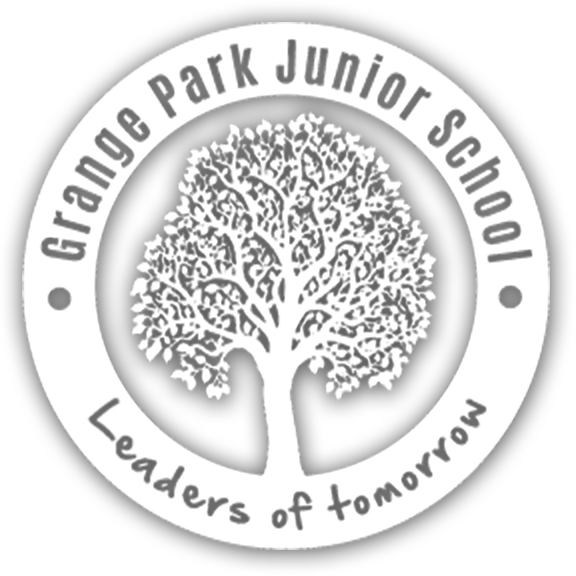Special Educational Needs & Disability
SEND
Inclusion for all is at the heart of everything we do at Grange Park Junior School. We serve a vibrant and diverse community, rich with different cultures, languages and different pupils with a varying range of academic, social, emotional, physical and sensory needs. We embrace the fact that every child is different. Therefore, we make every effort to meet the needs of any child to aid them on their journey to become inquisitive learners.
Our SEND Information Report sets out how we meet the needs of pupils with Special Educational Needs, as set out by our SEND Policy. In this document, you should find answers to any questions that you may have about SEND at Grange Park Junior School.
The Special Educational Needs and Disabilities Co-ordinator (SENDCo) is Miss Ella Allen.
Should you have any further questions about Special Educational Needs and Disabilities at Grange Park Junior School, please feel free to contact Miss Ella Allen who will be happy to help:
0208 353 4265
senco@grangeparkjuniorschool.co.uk
The following policies and documents can be accessed on our policies page, by clicking the link below:
- Special Educational Needs and Disability Policy
- SEND Information Report
- Accessibility Plan
-
Special educational needs and disability code of practice: 0 to 25 years (January 2015) This Code of Practice provides statutory guidance on duties, policies and procedures relating to Part 3 of the Children and Families Act 2014 and associated regulations and applies to England. It relates to children and young people with special educational needs (SEN) and disabled children and young people.
-
London Borough of Hillingdon- Local Offer The purpose of the local offer is to enable parents and young people to see more clearly what services are available in Hillingdon and how to access them. Knowing what is available and how it is accessed gives you more choice and control over what support is right for your child. The offer includes provision from birth to 25, across education, health and social care and has been developed in conjunction with children and young people, parents and carers, and local services, including schools, colleges, health and social care agencies.
